How much is a tree worth? My tree was somehow both priceless, and utterly inconsequential.
So, how did my new tree acquaintance and I come to meet? Amidst a world that seems increasingly to be crumbling, I often find myself counting my blessings. Keeping a mental gratitude journal, if you will, of the many ways in which I have been incredibly lucky during a time in which luck is elusive for many. Among those blessings is the recent end of a year-long house hunt in a new city, resulting in access to a small yard. A yard! The height of luxury after six months of apartment-bound pandemic-living here in Montreal. However, the real blessing, to me, is that our small yard came with a tree. For the first time in my adult life, I was to become the new caretaker of a beautiful, mature canopy tree of my very own.
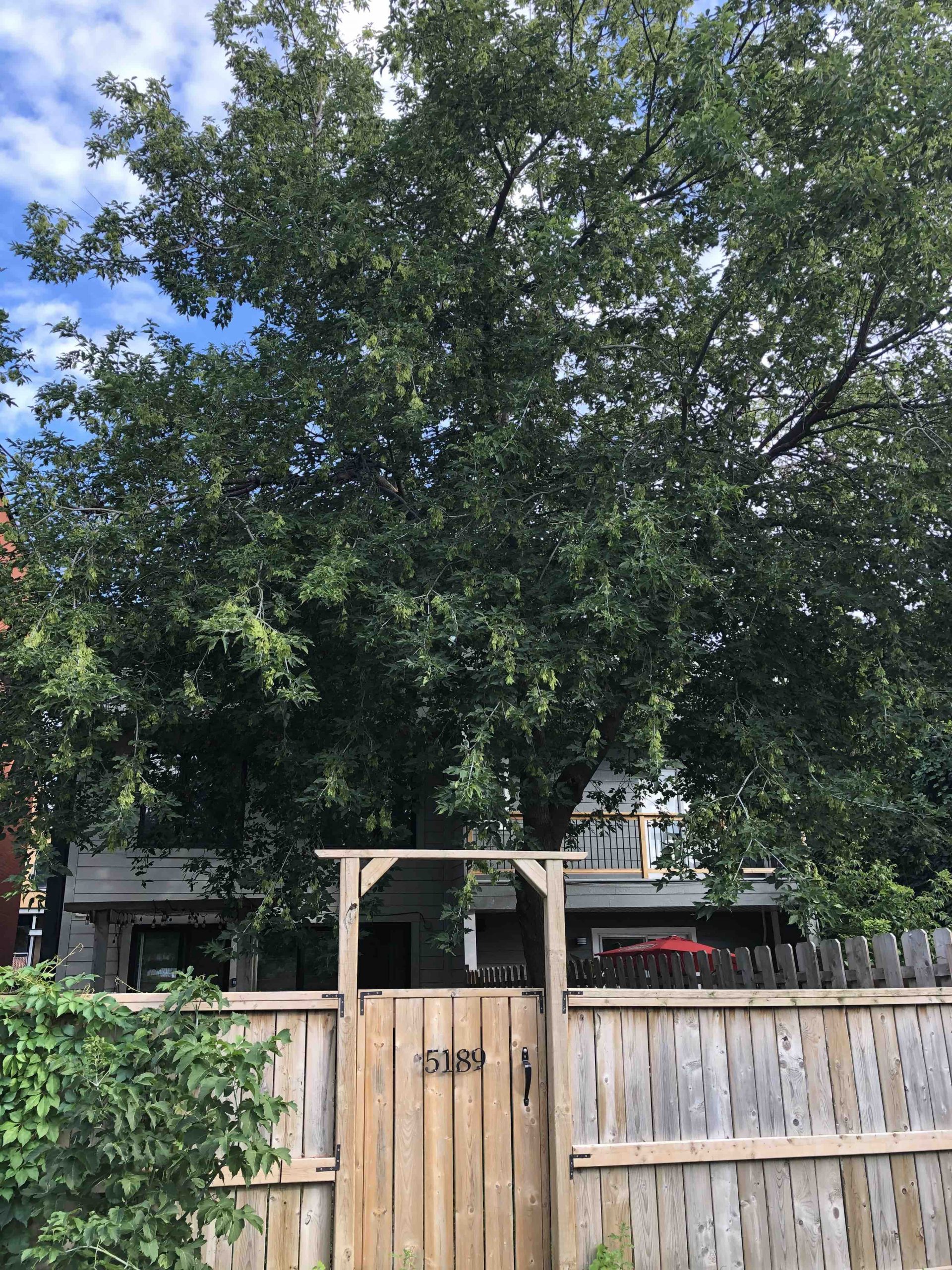
We signed the papers to our house on a sunny morning, smiling—and a little nervous—under our masks. Within an hour, we received a phone call. “I’m so sorry, but the neighbours’ inspection has discovered an issue with a pipe. The tree will have to go.” You see, the attached house next door was for sale too, and the tree—my tree—was quite close to the property line.
I like to think of myself as a relatively calm, positive, measured person. You could describe me as friendly, neighbourly, and perhaps above all, as non-confrontational. At least, when it comes to most matters. Yet my response to this news was neither calm, measured, nor neighbourly in the least. (In fact, I believe my reaction to my husband was something along the lines of “they will not take my tree” but peppered with language much less suitable for print). Our realtor—more suspicious than us of the auspicious timing of it all—commiserated with me, “I’d be upset too. You know, that tree is worth something!”
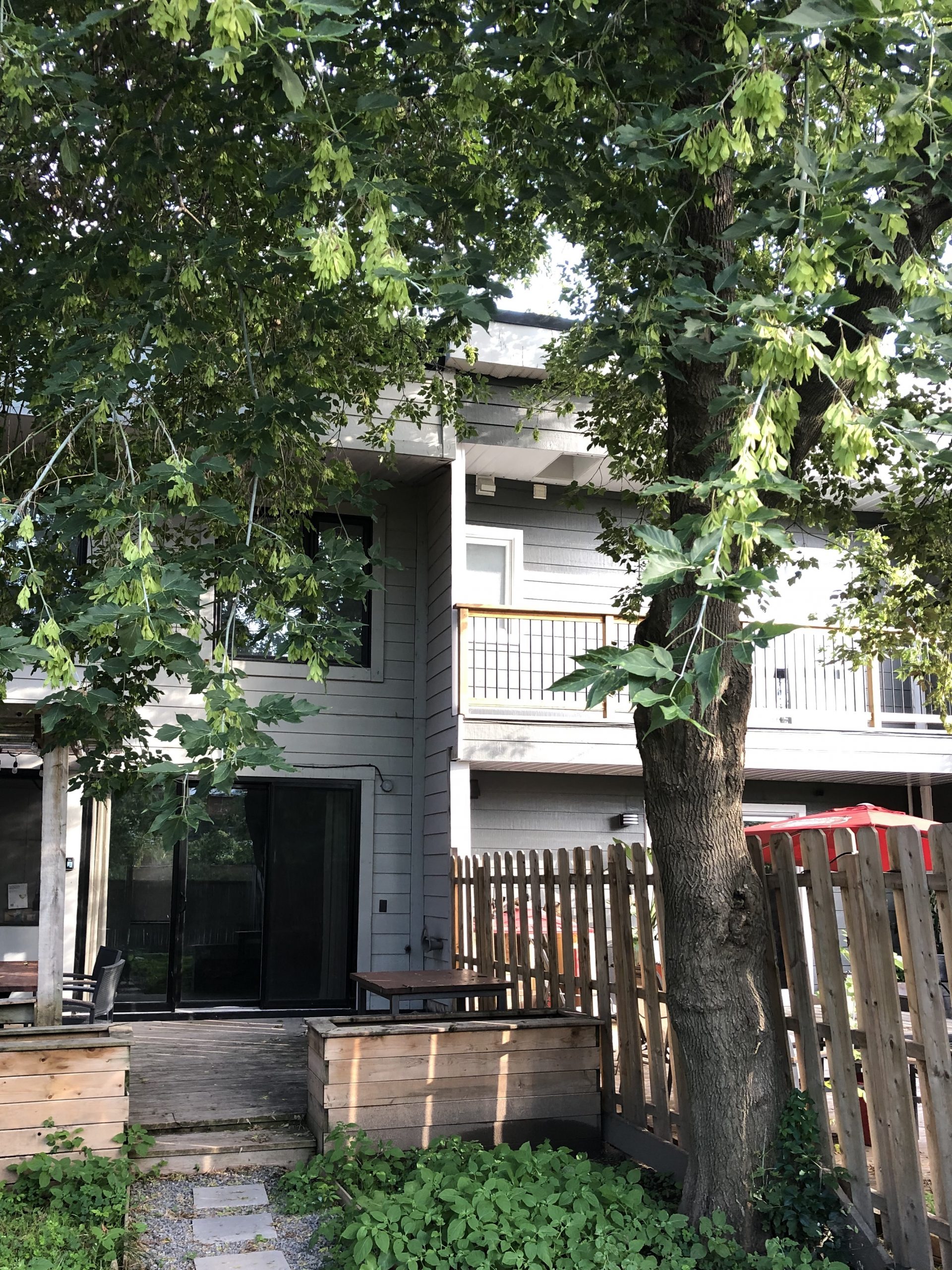
Here was the crux of the issue. Of course, my tree was worth something! Yet suddenly, I, a researcher who continues to devote much of my time to understanding—and professing to anyone who will listen—the myriad ecological benefits of urban trees, was faced with this question in a very different light. What was this specific, decidedly non-abstract tree actually worth to me, personally?
In the days following our phone call, I try to look at the situation with objective, ecologist eyes.
My tree is a box elder, or Manitoba Maple. Acer negundo. A weed among trees, some might say! (Although… native to Canada… another voice in my head whispers).
At 45 cm diameter, and slightly tilting, our tree may even be past its prime for a species that typically lives only 60 years. (But we’d take such good care of it, the voice whispers. And I’ve certainly seen larger ones in the city).
This really requires a landscape perspective, I think to myself. It’s just one single tree and we could replace it, plant new trees of species that would bring increased diversity to a neighbourhood of other maples! (But they won’t grow up for years… and our neighborhood is a heat island, now. Plus, look at the way its leaves catch the light outside your office window).
I try and remind myself how utterly lucky and privileged I am to have access to a yard at all but it’s no use. So, how much is a tree worth? My tree has value beyond measure.
…
Now, after a few weeks to sit with my emotions, I have calmed down considerably. I even explain the problem to backyard visitors without fuming. My friends are shocked by this seeming nonchalance, saying, “Carly…this is your tree? Do they know who they’re dealing with?” Nevertheless, my initially angry internal voice has quieted to a murmur.
Perhaps, with a little time, I’ve simply managed to remember that my “problems” are in fact minuscule compared to the incredible systemic injustices and climate breakdown the news confronts us with each day. The knowledge that while I recently packed boxes to move into my home, my colleagues on the flame-engulfed west coast were packing bags to evacuate theirs. How much, again, is a tree worth? My tree was somehow both priceless, and utterly inconsequential.
Or perhaps my change of heart is a result of the lecture I gave this week to a new class of undergrad biologists, on the principles of urban ecology. “Cities are dynamic,” I explained to my students. “Constantly changing as a result of changes in land use and management. Human and natural process also interact in cities.” Built infrastructure (say, a leaking pipe) is inexorably linked with nature (a towering tree). Setting down roots in the city, I now realize, means coming to terms with these principles, even when they come home to roost in your own backyard.
Make no mistake. I still fully plan to—calmly, and non-confrontationally—seek out a tree-preserving solution when our new neighbour moves in next month. But if need be, our tree will be replaced with a new sapling—or maybe even two. Our very small piece of the city will change, just as the broader urban landscape always has, and will continue to do. And, next summer, I will undoubtedly write a new personal essay here in TNOC about my backyard vegetable garden (full sun!) that I can’t imagine living without.
Carly Ziter
Montreal


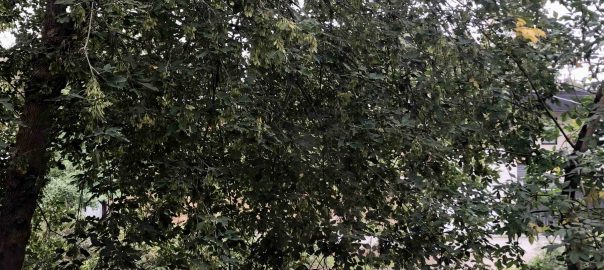
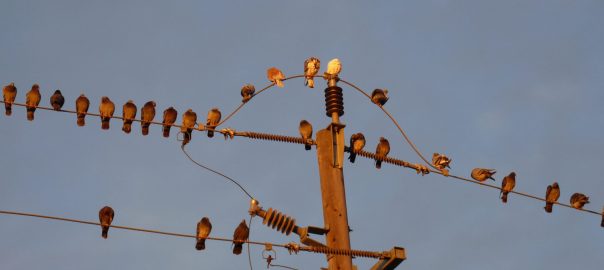
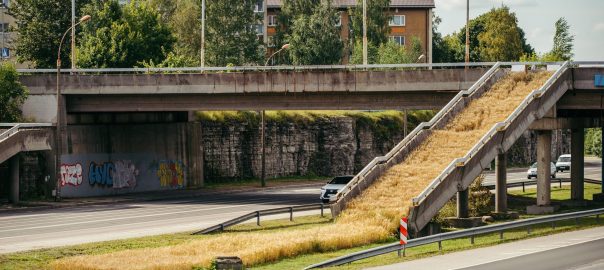
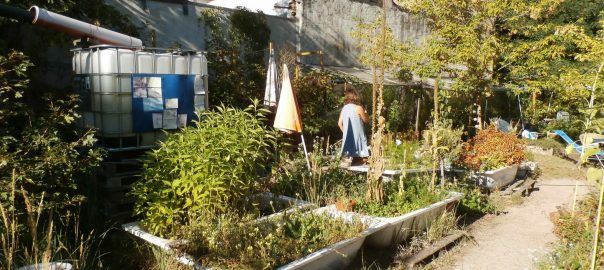
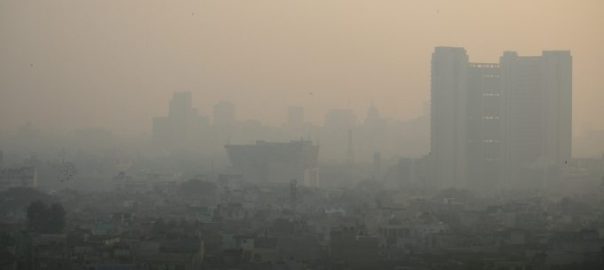
Leave a Reply